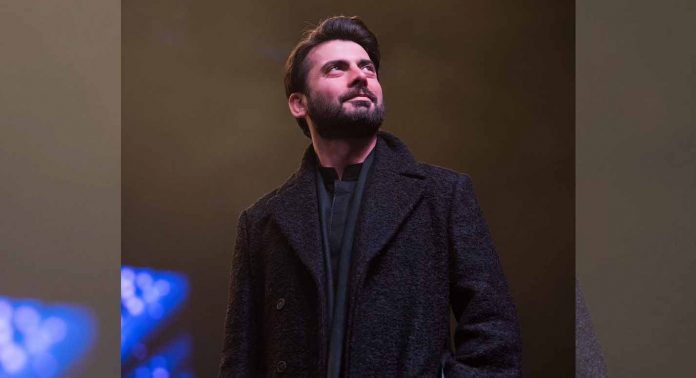Renowned actor Fawad Khan sat down with FreeStyle Middle East for an emotional conversation in which he discussed his upbringing, his struggles with diabetes, and his outlook on life. The Pakistani actor, famed for his many roles on screen, gave fans a peep inside his private life.
About his early life
Fawad Khan, when asked about his upbringing, said it was “pretty alright” and underlined the mundane nature of his youth. I’d say my childhood was average at best. Typical; nothing out of the ordinary. I started my life in Karachi. My father’s work required us to move frequently, beginning when I was just six months old. I spent my first two years in Athens, followed by stints in Dubai and Riyadh. And then we spent some time in Manchester during the Gulf War. We eventually made our way to Lahore.
Khan elaborated, “I went to Lahore Grammar School (LGS), and after school, I got admitted into a computer college where we learned about Computer Sciences.” Back then, our roots can be traced back to an underground band. My acting career actually began during my first year of college; however, opportunities were scarce. It was more of a side hustle than anything else, bringing in Rs 12,000 every month. I had it all figured out; I was the wealthiest kid in school. We were a gang, and we used to pool our money to buy burgers or similar treats. I look back on my time at the university with nothing but fondness.
About Diabetes
Fawad Khan discussed his struggles after being diagnosed with Type-1 diabetes at the age of 17 during the course of the conversation. “When I was 17 years old, my body went through an auto-immune response,” Fawad Khan said. I had a severe case of fever and lost about 10 kilograms of weight in just eight days. I used to weigh 65 kg but dropped to 55 kg when I was 17 years old.
He explained how his diagnosis came about after a period of rapid weight loss, intense thirst, and frequent urination. Khan has used insulin to control his diabetes for 24 years, and he says that at first, he lost a lot of energy and motivation for athletics. Khan did not let the burden of having to constantly carry insulin prevent him from pursuing his goals. Since I’ve been drinking so much water, I’ve developed a condition called polyuria, which causes me to feel the urgent need to urinate on a near-constant basis.
“I have been on insulin since the age of 17, and now I’m 41, so it’s been a career in diabetes for 24 years,” said Khan. My enthusiasm for athletics had completely faded. For the first three months, I was completely unmotivated and constantly exhausted. Khan acknowledged that carrying and injecting insulin at such a young age was a “constant inconvenience” at school, but he refused to let his diabetes “handicap” him.
Khan’s father took the news of his son’s diagnosis harder than he did, he said while explaining the psychological effects of the news. “To be completely forthright, when I was in the hospital, it didn’t hit me as hard as it hit my father,” he said. According to my mother, he has only done it twice before; the first time was when his brother died, and this is the second.
About Philosophy and Feeling Down
Khan explained the significance of faith. Despite his imperfections as a Muslim, he said, “I firmly believe in this saying; I might not be an ideal Muslim, but I believe that when God closes one door, He will surely open a hundred others.” I don’t believe I did too badly, considering where I am now. I’m satisfied with the results.
Fawad Khan emphasized their mutual dependence, pointing out that causes tend to act in predictable patterns. It’s the old chicken-or-egg debate, he said. What sets off what, and so on and so forth? Leave diabetes; even cancer can’t stop you if you have the ambition in your life to do something.” Khan gestured to his head and remarked, “Here it is. That’s what makes you special.
